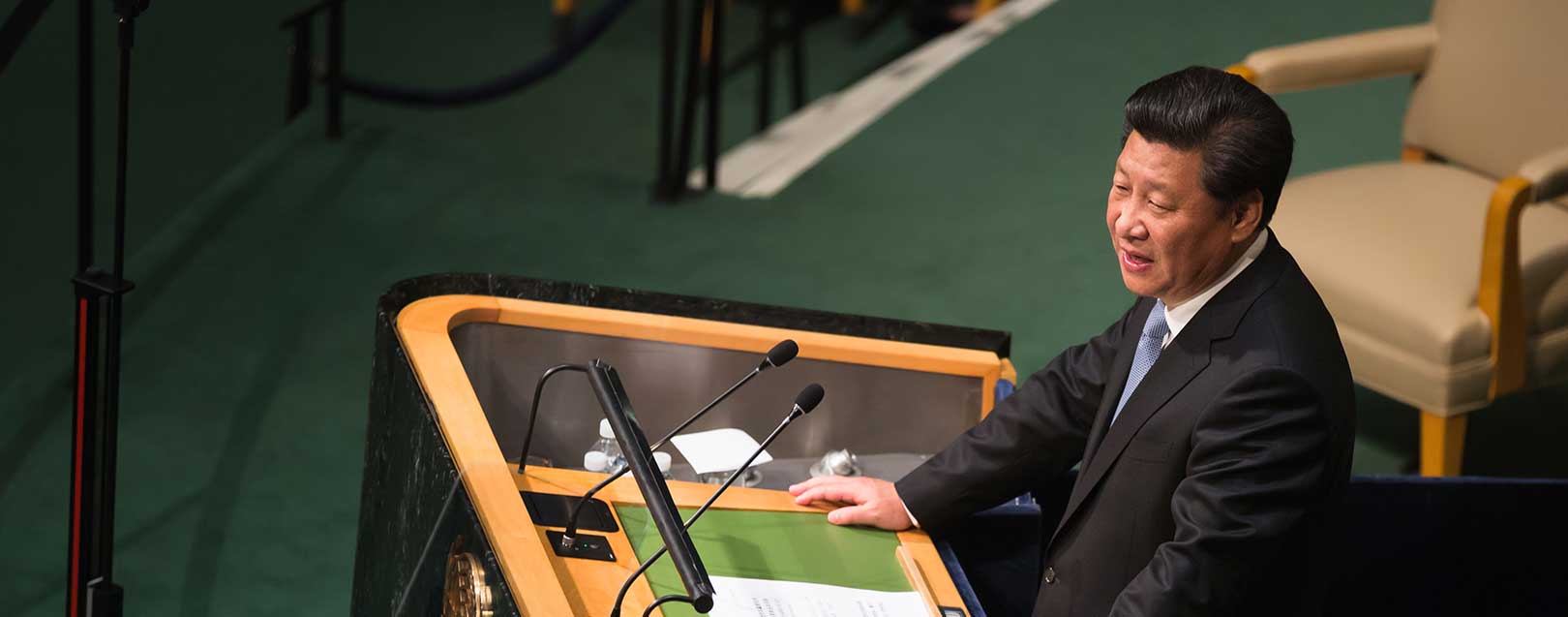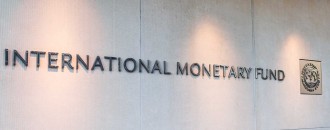
China signals change of course on its currency policy
PTI
China has hinted at changing its long-standing yuan policy to liberalise its currency against the dollar, signalling willingness to alter course on exchange rates amid US President Donald Trump's threats of a trade war.
For the first time in an annual government report, China included the requirement to ensure the stable global status of yuan as one of its major tasks, dropping the line "keeping a stable yuan at a reasonable and balanced level" which was included in the previous three reports, Hong Kong-based South China Morning Post reported on Monday.
In his lengthy work report submitted to China's parliament, the National People's Congress (NPC) on Sunday, Chinese Premier Li Keqiang said "the renminbi exchange rate will be further liberalised, and the currency's stable position in the global monetary system will be maintained".
The new wording may indicate that Beijing will be more tolerant of yuan exchange rate moves against the dollar and gradually reduce its intervention in the foreign exchange market this year, the Post report said.
Trump, who made some tough statements against China before and after his election, branded China as a currency manipulator to gain unfair advantage from exports and even threatened to impose tariffs on Chinese goods.
The Chinese currency yuan has depreciated about 6.6% last year.
The yuan is also losing its appeal for investors, even though it had obtained a nominal reserve currency status from the International Monetary Fund (IMF), thanks to the Chinese government's tightened capital account controls and the prospects of weakening against the USD, analysts said.
"The capital controls will hurt the yuan's status and reputation," Shen Jianguang, chief economist with Mizuho Securities Asia told the Post.
"In the past two years, the status of the yuan as an international settlement and valuation currency, as well as the scale of the yuan's fund pool offshore, have fallen," he said.
Beijing's efforts to make the yuan an international currency were largely shelved in the past year.
In Hong Kong, the primary offshore yuan market, yuan deposits at the end of 2016 dropped 46% from a peak in December 2014, the report said.
The value of international payments in yuan, released by payments processor Swift on Thursday, fell 29.5% in 2016, while the yuan's share in international payments dropped by 0.63 percentage points to 1.68% at the year's end.
The costs for Beijing to defend a "stable" yuan exchange rate are getting dearer after China burnt $1 trillion of its foreign exchange reserves in the last two years to bolster the yuan's value.
China's forex reserves, the highest in the world, fell below $3 trillion for the first time in six years sparking concerns over their rapid decline.






 to success.
to success.